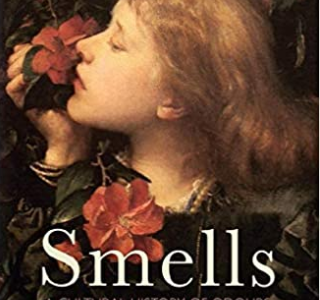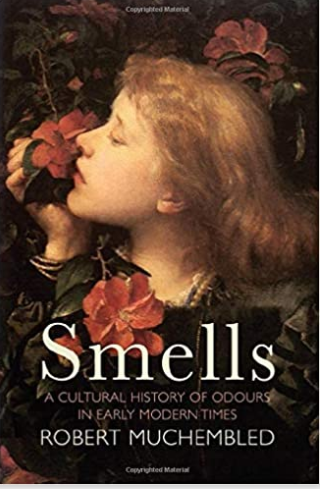
Smell making social divisions

Living in a relatively odour-free environment has numbed us to the importance that smells have always had in human history and culture. The 18th century paved way for softer, sweeter perfumes, often with floral and fruity scents came into fashion, reflecting new norms of femininity and a gentler vision of nature.
In 2014 scientific finding now debunked that our noses are able to detect over a trillion scents. French historian, Robert Muchembled, smell-obsessed for more than 30 years says, “science without consciousness of the past is but the ruin of the soul”.
Muchembled tries to restore the importance of smell – for too long overshadowed by sight and touch in the latest book Smells.
Mchembeld’s mission is to balance the science of smell with a cultural contextualisation of its value, as it advanced from the Renaissance to the early 19th century, from a clear position of accepting that good and bad smell are learnt, not innate as it takes four or five years for European children to construct disgust at their own excrement.
Why don’t we, in 21st century civilised society love the smell of our own defecations and farts – as Muchembled cities Montaigne and Erasmus having done?
In16th century Paris as an authentic urban Pyrenees of poo, each stinky status symbol – the size of the dung heap outside a peasant’s door was a visible sign of wealth and valuable currency sold by the night soil man since the smell was everywhere and you have to live with it.
Centuries of plague also stimulated a significant shift, smell became a pawn in church propaganda thanks to Catholic counter-reformation zeal and the sulphurous fetid stench of the ill came to be aligned with the putrid odour of the devil.
Fighting fire with fire included sticking your head over a latrine and wearing gloves and pomanders infused with degrading scent of civet, musk and ambergris.
He argues that the 16th and 17th century kept women in check by perpetuating the idea via poems, gutter press and loose talk – that they smelled worse than men. Menstruating, postmenopausal, sexually active or ugly, all state of womanhood had its own coarsely articulated malodour, a situation that caused women to become convinced of their own inferiority, and ashamed of their own nature.
Muchembled’s vivid, provocative travel through early modern times, with some fart jokes that provokes laughing out loud, a lengthy chapter devoted to them feels like being locked in a boys’ boarding school dormitories.
Smells: A Cultural History of Odours in Early Modern Times by Robert Muchembled by Susan Pickford, Polity £17.99, 260 pages.
